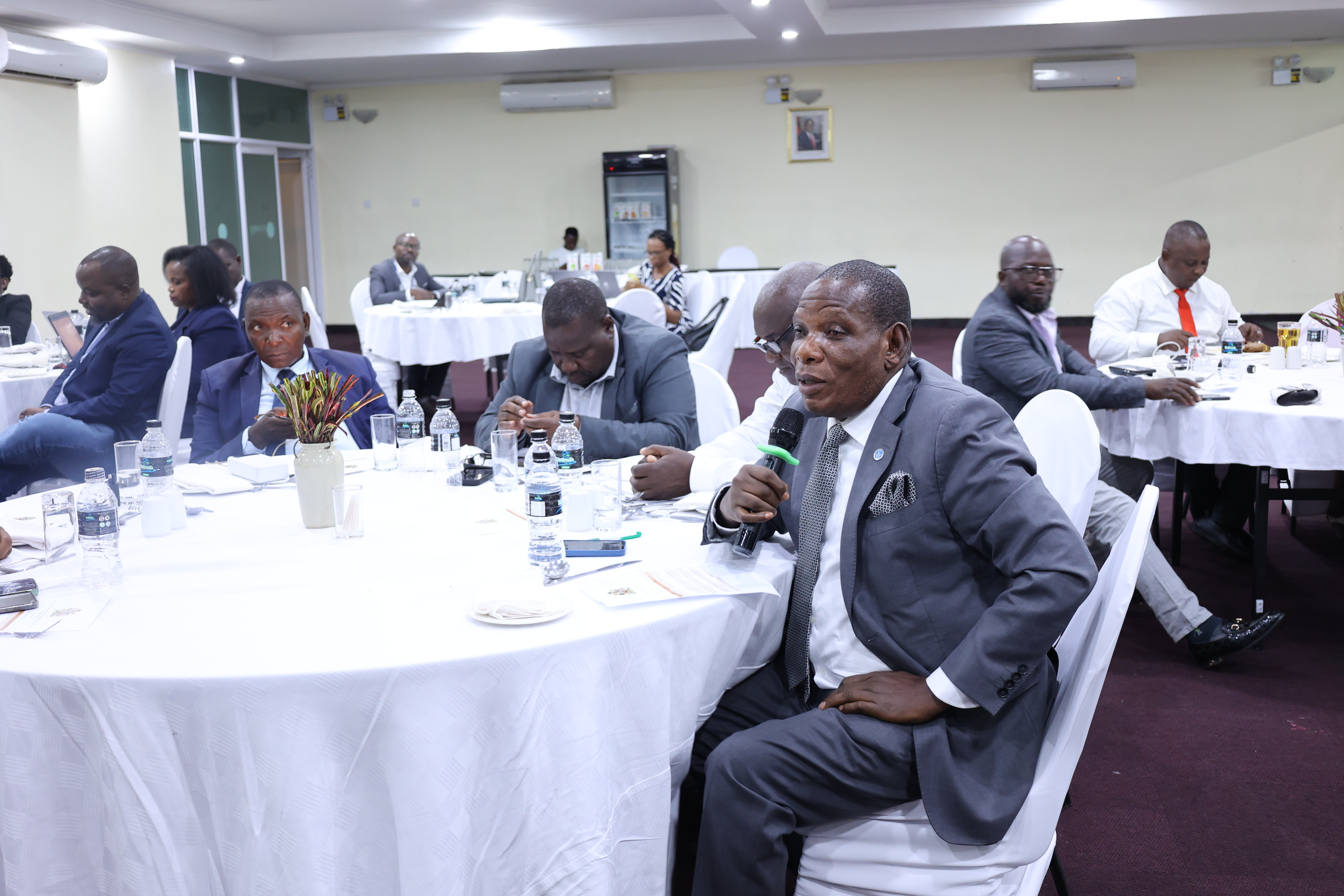Blogs

As Malawi continues its journey toward universal health coverage (UHC), Members of Parliament (MPs) reaffirmed their commitment to advocating for increased investment in the health sector. During a high-level engagement organised by the African Institute for Development Policy (AFIDEP), in collaboration with the Ministry of Health (MoH), in Lilongwe, Malawi, on April 3, 2025, parliamentarians deliberated on key health financing reforms necessary for a resilient and self-sustaining healthcare system.
The meeting, which brought together 20 MPs from the Parliamentary Committees on Health, Population, Budget, and Legal Affairs, and other key stakeholders including the Ministry of Health’s departments of health financing, preventive health services, nursing and midwifery, and HIV/AIDs and Kamuzu University of Health Science’s Health Policy and Economics Unit (HEPU), underscored the urgency of implementing reforms outlined in the Health Sector Strategic Plan III (HSSP III) and the Health Financing Strategy (2023-2030). These reforms include establishing a Health Fund, private sector engagement, access conditions, optional paying services, direct facility financing, health financing legislations, introducing mandatory health insurance for the formally employed, and developing a structured contribution framework for the informal sector.
Despite progress in some areas—such as the revised partnership between the Christian Health Association of Malawi (CHAM) and the government, the introduction of voluntary medical insurance for civil servants, and the phased implementation of Direct Facility Financing (DFF) for primary healthcare—other key reforms have faced significant delays.
Speaking during the meeting, Mark Malema, AFIDEP’s Senior Research and Policy Associate – Health Economist, highlighted that delays in enacting health financing reforms threaten the sector’s sustainability, particularly amid declining donor support, and that without urgent action, the sector will struggle to meet growing healthcare demands, and inefficiencies in resource allocation will persist, further straining service delivery.
During the engagement, MPs were not only presented with evidence on the need to accelerate reforms to enhance domestic health financing but also actively discussed the findings and reaffirmed their support and commitment to advance the implementation of these reforms.
The MPs pointed to the stark reality that critical services like antiretroviral therapy (ART) are almost entirely funded by foreign aid—primarily from the United States (US)—and warned that a sudden withdrawal could cost lives. “We’ve been in a comfort zone for too long,” one MP noted, urging immediate action to safeguard lives and livelihoods. Citing recent developments such as the suspension of civil servants from accessing private healthcare under the Medical Aid Society of Malawi (MASM), MPs lamented that the country is “moving backward instead of forward.” They called for clarity in how health financing is structured, advocating for more focus on operational support, essential drugs, and equipping existing infrastructure. The positive results of Direct Health Financing were also highlighted, with calls to expand it nationwide and strengthen community support systems.
Beyond funding gaps, MPs drew attention to systemic inefficiencies draining public resources. They cited widespread revenue leakages, excessive tax incentives, hospital ghost workers, and misuse of donated medical equipment and supplies. Hon. Gladys Ganda, Chairperson of the Parliamentary Budget Committee, estimated that Malawi loses around $500 million annually—resources that could transform the health sector if redirected. Former Minister of Finance, Hon. Joseph Mwanamvekha, emphasised the need for reforms to be accompanied by stronger accountability measures, noting instances where medical equipment remained unused while healthcare workers operated without the necessary tools.
Amid the candid reflections, the mood was resolute. “There’s political will—no need for more workshops,” declared Hon. Dr Matthews Ngwale, Parliament’s Health Committee Chairperson. He said, “Parliament is ready; the process can start now.” With this renewed momentum, MPs reaffirmed their commitment to champion the legal and policy reforms needed to ensure sustainable, equitable healthcare for all Malawians.
For the first time, the Ministry of Health was assured that Parliament would support the proposed critical changes, a significant shift given the anticipated resistance. The meeting stood out for bringing together strategic actors and its timely occurrence ahead of the upcoming elections, presenting a unique opportunity for any incoming government to carry forward the agreed reforms with minimal political friction. Unlike previous dialogues, this engagement was sharply focused on immediate, actionable needs in the health sector, coming at a time when the withdrawal of key donors like USAID has already begun to strain healthcare delivery.
The engagement was part of the Advance Health Financing project, which AFIDEP and Partners in Population and Development Africa Regional Office (PPD ARO) are implementing in Kenya, Zambia, Uganda, and Malawi to enhance domestic resources for health and reduce inefficiencies in health spending. In Malawi, the project, in collaboration with the Ministry of Health and other stakeholders, is supporting the generation and translation of evidence, strengthening advocacy and accountability for domestic resource mobilisation and efficiency in health spending. Through rapid systematic reviews, modeling, and monitoring of health budgets, the project provides policymakers with actionable insights to drive reforms. It also engages champions, the private sector, CSOs, and the media to advocate for increased investment in health while offering technical assistance to support policy implementation and improve data-driven decision-making in health financing

